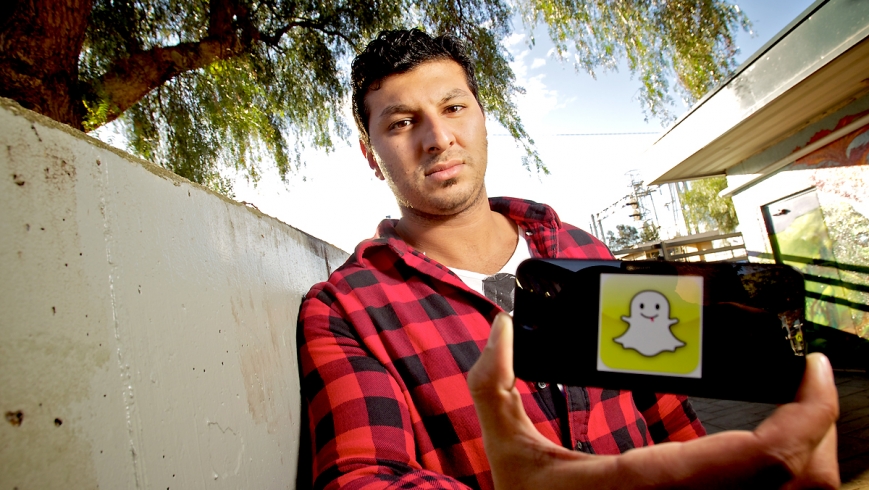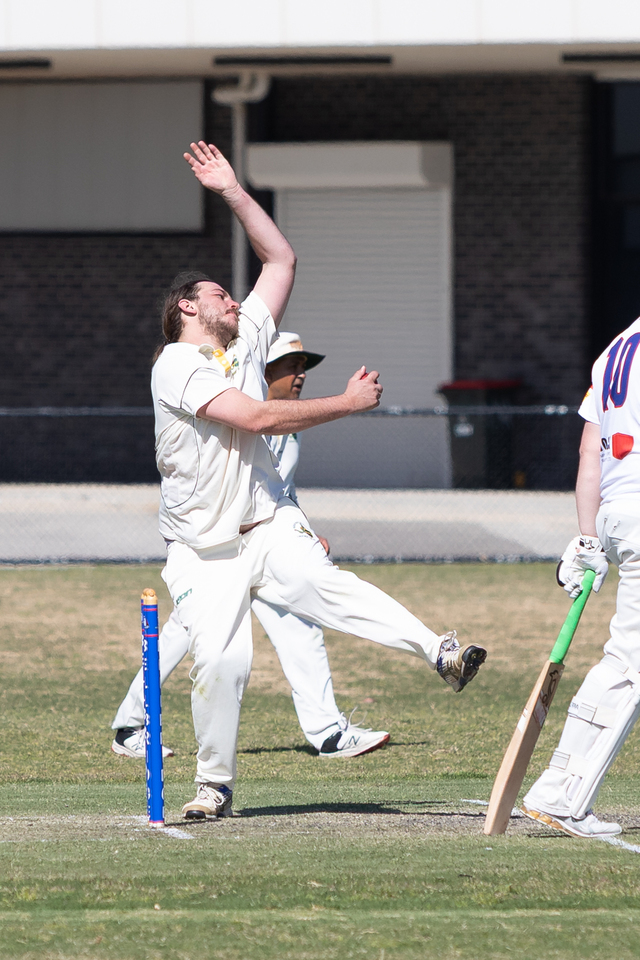LAWYERS and health workers are warning young people to think twice before sending sexually explicit photographs of themselves or other people, saying it could leave them with criminal records.
They say the sharing of explicit photographs via text message, email, social media and smartphone applications such as SnapChat has become commonplace among teenagers, but many don’t realise that taking or sending such images could result in their names being added to the sex offenders’ register.
SEXTING AFTERMATH: More students arrested over explicit photos
Wyndham Legal Service youth lawyer Yassin Noureddine said ‘‘sexting’’ was becoming more prevalent and more teenagers were being charged with child pornography offences as a result.
He has had three cases recently in which young people were charged in relation to sexting.
“What kids don’t understand is that when they do send sexually explicit photos they could end up on the sex offenders’ list as a paedophile for sending and receiving a photo,” he said. “If you are under 18 and you send it you can be charged with sending child pornography.”
Women’s Health West health promotions co-ordinator Elly Taylor said that while it was important to educate people about the ramifications of sexting, changes to the law were needed.
“There needs to be changes to legislation so the law catches up with technology,” she said.
In a submission to a recent Law Reform Committee inquiry, Women’s Health West suggested the Sex Offenders Act be amended so that young people convicted of sexting offences did not have to be placed on the register.
Ms Taylor said sexting was also having an impact on the mental and physical wellbeing of victims, with explicit photographs sometimes used to blackmail women.
“A lot of young people will sext and it is consensual,” she said.
“But we want young people to know what their rights and responsibilities are around who owns the images and the ramifications of that.”







